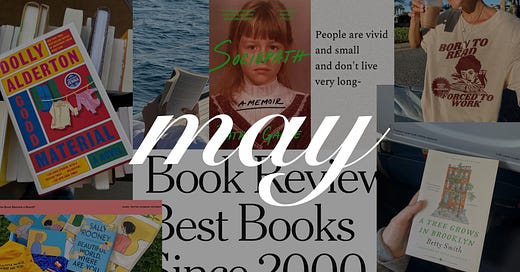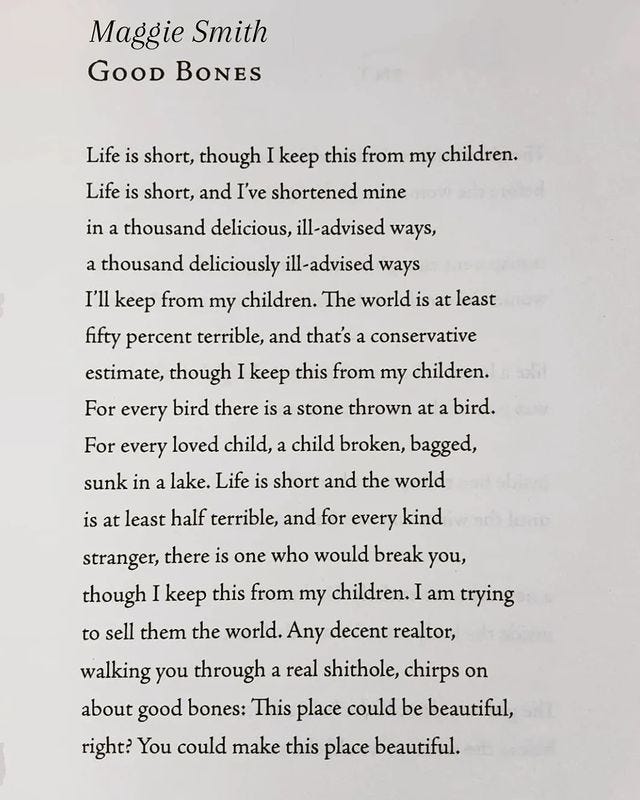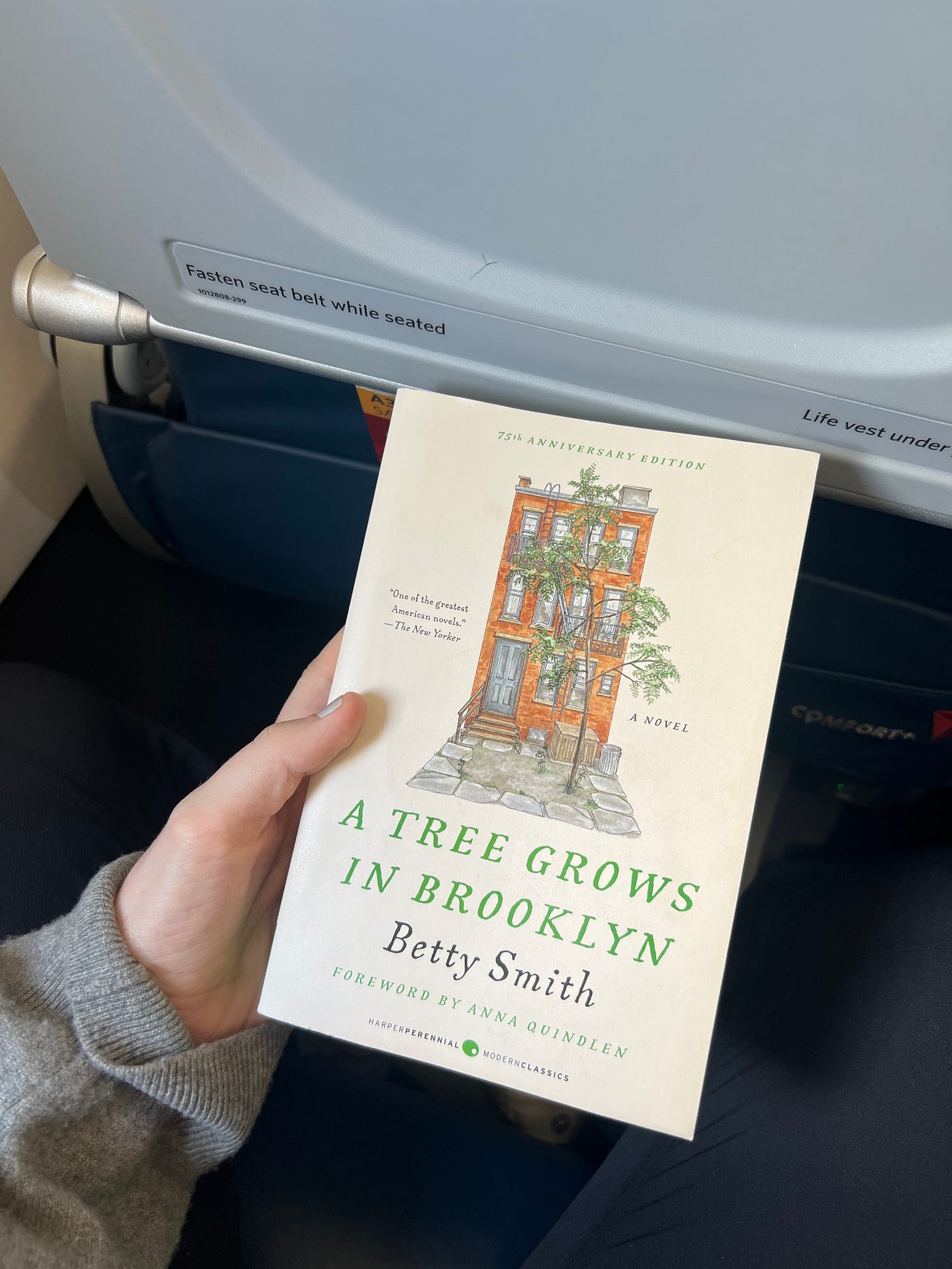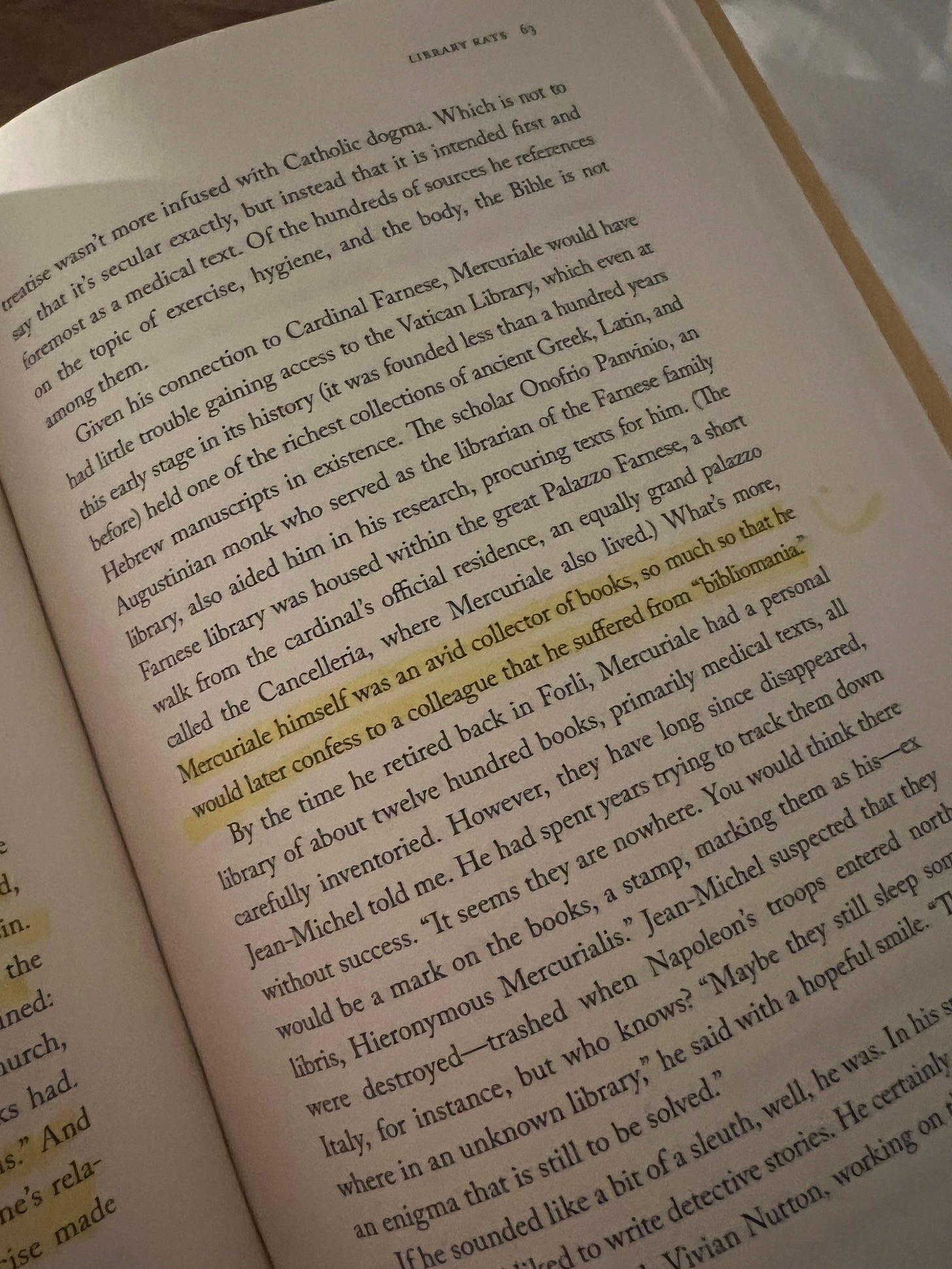Hi! Enjoy this month’s wrap up 🫶
I recently finished Good Material by Dolly Alderton, and really loved it. It’s the story of the break-up of a couple named Andy and Jen, told mainly from Andy’s side. I’ll be the first to admit that I hesitated when I started it—do I really want to read a book about a sad man right now? Answer is yes. It was heartwarming despite the heartbreaking topic. Andy dove right into what felt like every possible emotion and reaction that comes with being dumped by the love of your life, the writing fun, self-deprecating, fervent all the while. Andy is so flawed, but there was so much heart in this book. And when I thought it couldn’t get any better, we hear Jen’s side. She took the path of most resistance because she knew deep down what she wanted. I admire her; I am proud of her. This is an easy yet substantial read; a beach read, some would say—highly recommend.
Be alone, Jen. You know how to be alone without being lonely. Do you know how rare that is?
I’m a brand strategist by day so this article—”Books Aren’t Going Anywhere”: A Roundtable Discussion on Publishing and Branding in the Age of Bookstagram—was a fascinating blend of business and pleasure for me. It touches on how social media affects book cover design, the “brand” of an author, how brands can create community, and how merch can become a really powerful status symbol. Sally Rooney bucket hat, anyone? Over the past 5 years (my tenure on ~bookstagram~), it’s been interesting to see the marketing of books morph into something more akin to beauty and fashion PR. These publishers are getting creative! I, for one, think it’s great: books slipping their way into popular culture is so fun, especially since the literary world has traditionally been pretty exclusive and niche. There’s a back and forth between the panelists in the article, some cynical about “branding” infiltrating its way into the world of books, a place they’d like to see as free of such blatant consumerism (like I said, exclusive and niche), and some optimistic, seeing it as a way to get more eyes on incredible books by incredible authors and, more importantly, as a sign that books aren’t going anywhere.
I just finished an incredible memoir called Sociopath by Patric Gagne and it was riveting. The author has a PhD in psychology, studying sociopathy and its effects, and she is also a sociopath herself. She is the researcher and the subject. The book details her experience growing up with sociopathic tendencies—extreme apathy, inclination to do bad and violent things, anxiety over her lack of feeling—but without any language for it. She would search dictionaries and psychology resources high and low and found an abysmally small amount of information about sociopathy: she does all her psychology work and wrote this book so others would never have to have that experience. Throughout the memoir, she steals things, she breaks into people’s houses, she lies with complete ease, but she also falls in love and pursues knowledge with the hopes of helping people. Books like these are so important because they show that a label, like ‘sociopath’, can mean something very different and so much more than we see in movies or read in headlines. The writing is incredible, deftly and painstakingly drawing the nuances and boundaries of her feelings within and experience of sociopathy, making it honestly quite easy to understand. What a woman.
We love an interactive moment from the NYT! This one compiles and organizes The Book Review’s Best Books Since 2000, of which there are 3,228. You can slice and dice by year and genre—a great way to spend a few spare minutes, or hours.
This poem…
As I’ve mentioned in a few past editions, I’ve been slowly, but surely making my way through A Tree Grows in Brooklyn. I finally finished it and… what a book. An instant favorite. Complete and deep understanding of its place in the literary canon. Never felt a love for a character like the love I have for Francie. This book was healing. Part of me wishes that I read it when I was younger, closer to Francie’s reality in her teen years, when it would have provided more of a sense of solidarity and comfort. But reading it now as I’ll be 30 in a couple weeks hit differently in a quite emotional way, as evidenced by the tears welling as I finished it on the plane. Watching Francie grow up, start to experience the rites of passage, and build the beginnings of a life for herself was sentimental, nostalgic, it was everything. I felt equal parts anxious and eager for what lies ahead of her. I felt so protective and so fulfilled and so grateful for her. I’ll stop gushing, but my inner child thanks Francie.
I mentioned reading Sweat: A History of Exercise — was flipping back through, loved the idea of suffering from bibliomania. I, too, suffer.
I came across this site called Eunoia, which is filled with untranslatable words, words in one language that don’t have accurate equivalents in others. Eunoia itself means “a well-mind; beautiful thinking” in Greek. A few others —
Beschaulich: German for “quiet, pensive; living a simple life; pleasantly contemplative, unhurried in a fashion that inspires mental well-being”
Utepils: Norwegian for “the act of sitting outside on a sunny day enjoying a beer”
Niksen: Dutch for “sitting down and do nothing at all, thinking of nothing at all”
Dor: Romanian for “the heartbreak and sense of longing you feel because you’re separated from your love”
Kuidare: Japanese for “to eat yourself into bankruptcy”
The Insta algorithm hitting me where it hurts
And despite my newfound understanding of the nuance and misconceptions around perfectionism, I’ll leave you with this beautifully succinct poem (I love if you can’t tell). A reminder that pretty immediately snaps me out of whatever rut or spiral I’m in. Perspective and grace.
I’ve been working on a fun piece about this history of libraries that should be coming soon, so stay tuned! See you next time xoxo













